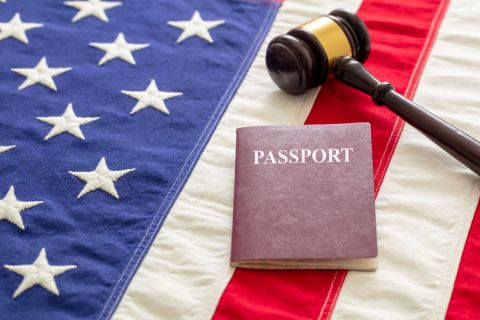DOJ Announces Settlement with Cooler Production Company Over Claims of Discrimination Against U.S. Workers

The Department of Justice (DOJ) has recently announced a settlement over allegations of immigration-related discrimination with a Texas-based producer of coolers, drink containers, and other hydration accessories. This resolves claims that the company had favored workers with temporary visas over domestic workers for particular positions.
According to reports from the DOJ, the company at the focus of these allegations did not consider U.S workers for certain positions, which specifically, in this case, means that the company chose to assume these workers were not interested in the temporary, seasonal positions this case centers around. Instead, the DOJ alleges that the company simply reserved these positions for seasonal workers using H-2B visas. As a result of these allegations, the DOJ claims the company violated the anti-discrimination provisions of the Immigration and Nationality Act (INA).
The INA itself contains a number of provisions forbidding employers from any discrimination toward workers in any part of the hiring process on the basis of citizenship or immigration status. Violations of this law may result in prosecution and, in turn, civil penalties and other potential sanctions. This law is enforced by the DOJ Civil Rights Division’s Immigrant and Employee Rights Section. Under the current administration, these laws have been enforced much more aggressively.
In addition to the violations of the INA, the Department of Labor requires any employers that wish to employ an H-2B visa holder to first offer the position to U.S. workers. The employer must follow certain requirements to attempt to hire any minimally qualified U.S. workers that are willing and able to perform the job before they receive permission to hire H-2B workers. Failing to consider U.S. workers for a position in favor of temporary visa holders would clearly violate these rules.
The DOJ’s settlement with the company requires that the latter will pay civil penalties of $21,000.00 and set aside back pay for eligible victims of $40,000.00. In addition, the company agrees to make adjustments to its policies to become compliant with the INA and to be subject to additional monitoring by officials to ensure that it becomes compliant with the law’s provisions against discrimination.
This case is similar to other cases in several recent settlements reached against companies for violation of the INA. The current administration has maintained strict enforcement of the Act’s requirements, and as a result, U.S. employers would be well advised to review their hiring policies and ensure that they are compliant with the requirements of the INA.